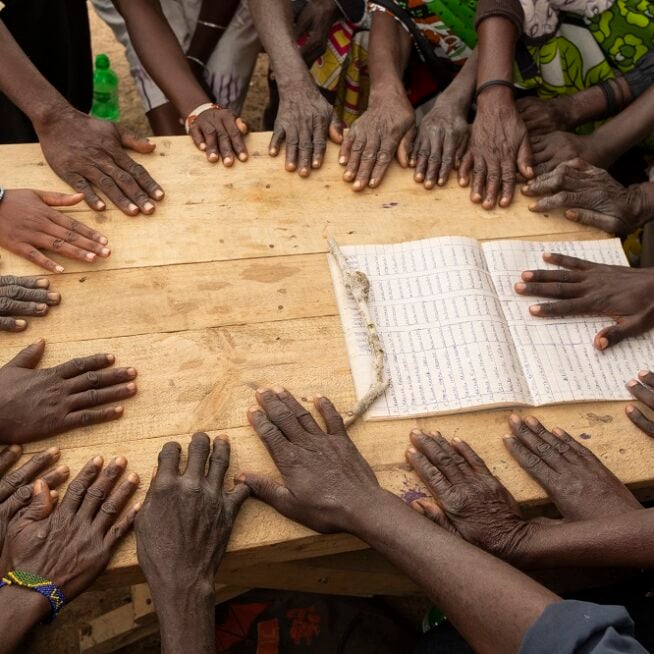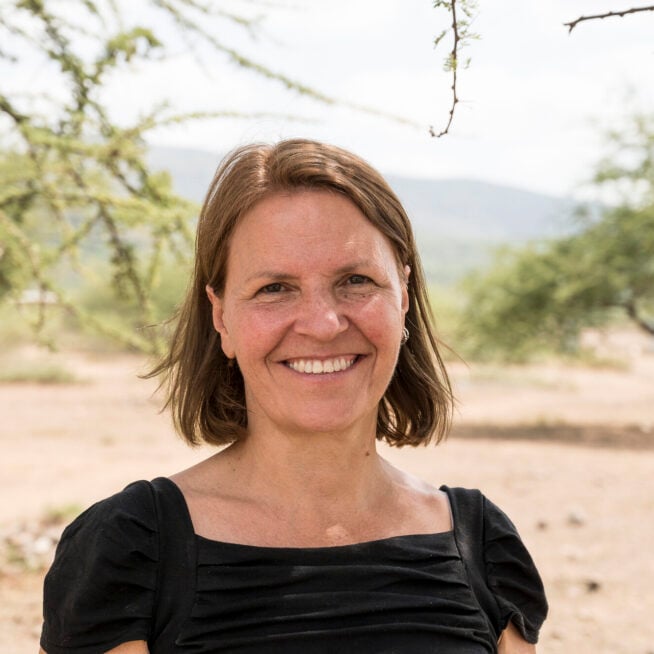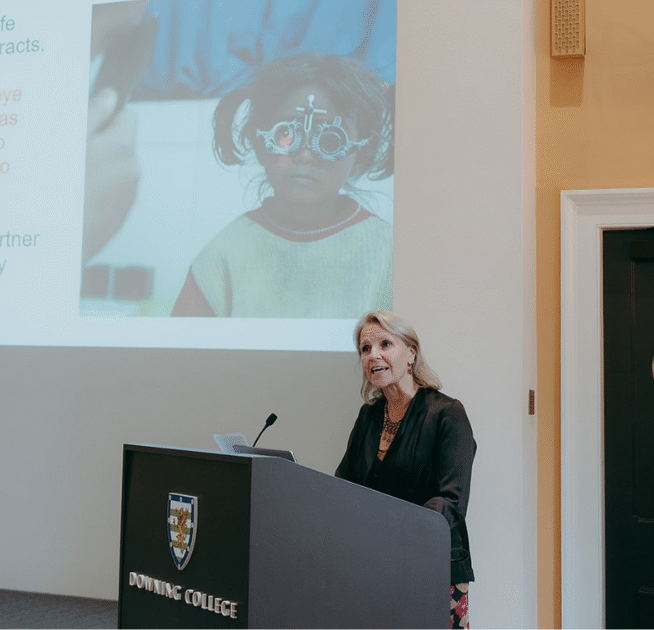Want to transform lives with us? Stay in touch and hear about our news, activities and appeals by email!
Nigeria passes new Mental Health Act

Nigerian President Muhammadu Buhari signed a Mental Health Bill into law on 5th January, marking a significant milestone in Nigeria’s efforts to improve support for psychosocial well-being. We celebrate alongside our local partner, Nigerian Mental Health, in this successful example of advocacy at government level.
This is Nigeria’s first mental health law post-independence, establishing key human rights protections for people with mental health conditions. These rights include:
- guaranteeing that those receiving treatments have a right to participate in their treatment plans
- expanding community-based coverage, so that more people within a community are able to access mental health services
- decriminalising attempted suicide.
The progress of the Bill into law is particularly welcome after failed attempts at legislative reform of Nigeria’s 1958 Lunacy Act in both 2003 and 2013.
Our local partner, Nigerian Mental Health, a community of mental health practitioners and organisations in Nigeria, had campaigned for the bill with activities including a petition, media engagement, an awareness raising walk and wellness sessions. CBM UK supported their work by awarding a grant in 2022.

Hundreds of people walk in support of the Mental Health Bill. Image credit: Nigerian Mental Health
Chime Asonye, Executive Director of Nigerian Mental Health, said “The National Mental Health Bill 2021 ushers in a landmark period for Nigeria as it inaugurates new human rights-focused legislation for those with mental health conditions. It also improves their care and management and establishes new institutions like a Mental Health Fund and a Federal Department of Mental Health Services to mainstream care provision.”
Looking to the future, he continues “Nigerian Mental Health is regularly convening stakeholders to discuss the implications of the legislation in our respective fields, ensure a diversity of voices is incorporated as it is enforced, and review best practices that will inform its effective implementation. Collectively, we are working to distil essential aspects of the Bill and translate it into local languages so that we can inform citizens of their new rights.”
“We appreciate CBM’s support and those of others from government, multilateral bodies, and development partners.”




